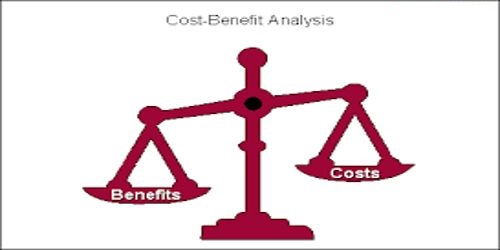The social cost-benefit analysis is a part of calculating the qualities of a project or a government strategy. The financial analysis in project evaluation for evaluating investment projects a significant consideration is the analysis of social cost and benefits. The scope of social cost benefits can be applied to public investment and also to private investment.
The rationalities for Social cost-benefit Analysis (SCBA): In SCBA the focus is on the social costs and benefits of the project. The principal sources of discrepancy are:
(1) Market imperfections: Market prices, which form the basis for computing the Monetary costs and benefits from the point of view of the project sponsor. The common market imperfections found in developing countries are:
- Rationing;
- Prescription of minimum wages rates;
- Foreign exchange regulations.
(2) Externalities: A project may have a beneficial external effect. For example, it may create certain infrastructural facilities like roads which benefit the neighboring areas.
(3) Taxes and subsidies: From the private point of view taxes are definite monetary costs and subsidies are definite monetary gains.
(4) Concern for savings: From a social point of view, however, the division of benefits between consumption and saving is relevant.
(5) Concern for redistribution: A private firm does not bother how it benefits are distributed across various groups in the society. The society, however, is concerned about the distribution of benefits across different groups.
(6) Merit wants: Goals and preferences not expressed in the marketplace, but believed by policymakers to be in the larger interest may be referred to as merit wants.















